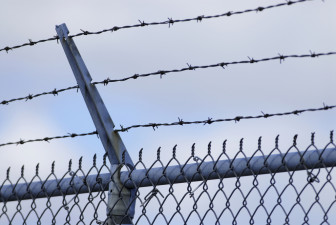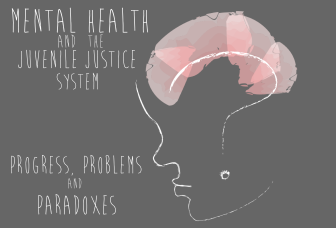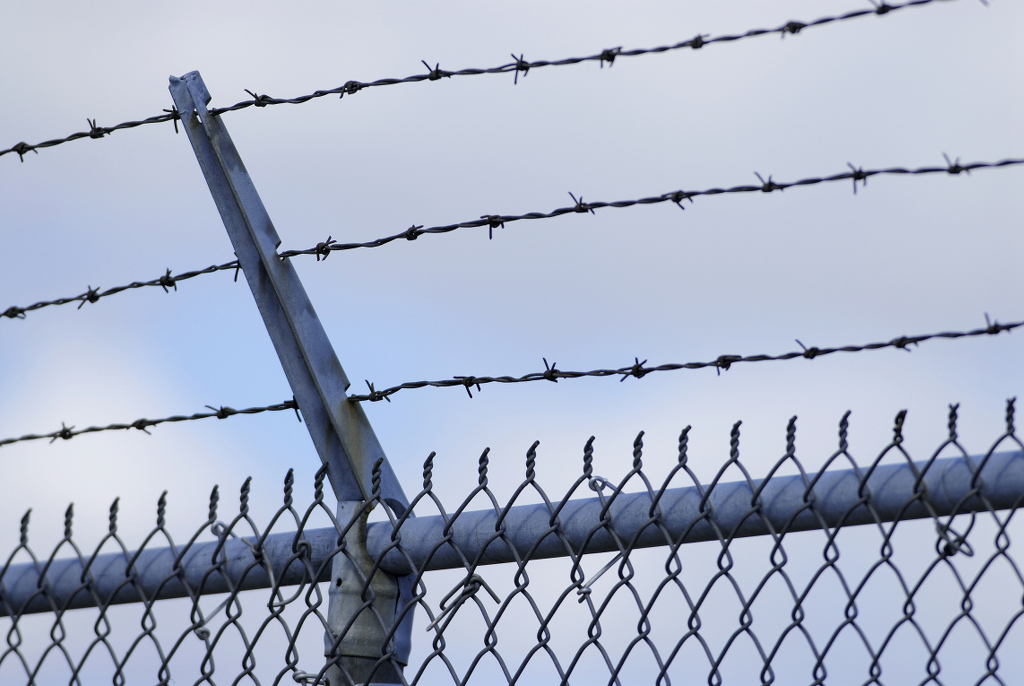
Thinkstock
Jaime, 15, is no longer in Illinois DJJ custody. The move has allowed his mother and his therapist to visit him, which had been extremely difficult when he was housed in Kewanee.
A year ago, Jaime was languishing at the Illinois Youth Center (IYC) juvenile detention facility in Kewanee, Ill., having spent a year awaiting a full mental health assessment, according to his mother, Celia. Jaime (his name has been changed for this article) had attempted suicide and fought regularly with guards and other inmates, lacking the control to hold back, and he was being housed “indefinitely” until he could learn to control his anger, she said.
Yet he wasn’t receiving proper treatment for his bipolar disease, oppositional defiant disorder, attention deficit disorder, post traumatic stress disorder and obsessive compulsive disorder, Celia said. Illinois Department of Juvenile Justice representatives disputed that account in a general way, refusing to comment on a particular case but saying all inmates receive psychological screening at the outset of their sentences and are diagnosed for mental health conditions and self-injurious behavior within two weeks.
Read JJIE's previous coverage of Jamie's story
Today, Jaime, 15, is no longer in Illinois DJJ custody. He was transferred from Kewanee, which has historically housed juveniles needing mental health treatment but which has had difficulty attracting and retaining staff, to an IYC facility in his hometown of Harrisburg, Ill., last September, shortly after the Juvenile Justice Information Exchange first wrote about him.

Read more from the series: Mental Health and the Juvenile Justice System: Progress, Problems and Paradoxes.
That move allowed his mother and his therapist to visit him, which had been extremely difficult when he was housed in Kewanee, about a five-hour drive away.
“At Harrisburg,” Celia said, “he had to see a counselor every day, plus his therapist went there twice a week. I got to see him for Thanksgiving and Christmas. He has grown; he has matured a lot, mentally and physically.”
At the very end of last year, Celia’s attorney, Jeffrey Bradley, who took the case mostly pro bono, negotiated his release from Illinois DJJ, which vacated his original sentence for punching a boy in the nose. Bradley filed a dependency petition with the Illinois Department of Children and Family Services, which is now paying for Jaime’s care at Kemmerer Village in Assumption, Ill., about two and a half hours from Harrisburg — and paying for his mother to visit him.
There, he’s housed in a “cottage” with seven other boys, who are supervised by four adults. “It’s like a big college campus,” Celia said. “They’re there 24/7. They do a lot of one-on-one.”
A DCFS spokeswoman said the agency would not comment on specific cases like Jaime’s due to privacy policies.
Bradley, who does consulting and advocacy work for the Illinois Collaboration on Youth — and does not typically take cases — said the state agencies and the court were very amenable to finding a solution. Illinois DJJ is busily reforming its mental health and other services in collaboration with the American Civil Liberties Union, which filed a lawsuit against the department in September 2012 and entered into a consent decree with IDJJ three months later.
“We were able to get the kid out of prison through a collaborative process there, in juvenile court, as opposed to arguing,” Bradley said. “The state and the judge were actually fairly surprised that the kid was in prison at that time. … Everybody was in agreement that the kid’s situation was not what anybody thought it ought to be. It was a good process — the way juvenile court ought to work, frankly.”
Bradley said DJJ might have been providing mental health services of some kind at Kewanee but not at the level or frequency Jaime needed, and that it clearly made more sense to all concerned to have him closer to home — and out of prison. “If you ask the folks at DJJ that question, they would tell you that Kewanee was the only place for him to get the type of services he needed,” he said. “DJJ was telling us that his behavior precluded him from being able to participate in the services. The kid’s story was, ‘They’re not giving me anything.’”
Alka Nayyar, spokeswoman for IDJJ said, “We are committed to providing a safe, supportive environment and individualized services to help our youth successfully transition into their communities and become productive citizens. The IDJJ’s determination about treatment and other requirements is based on the individual needs of the youth.”
The move to IYC-Harrisburg was designed to be a temporary stop while the parties involved found a longer-term solution for Jaime. After DJJ vacated the criminal case against Jaime, DCFS evaluated him and looked across the state to find the best service provider to meet his needs, which is how he ended up at Kemmerer Village, Bradley said. “DJJ didn’t fight us on anything. They weren’t saying, ‘We’ve got to keep him.’ They let the local court system do their job, which was good,” he said.
The dependency petition essentially says the child involved doesn’t have what he or she needs, through no fault of the parent, Bradley said. “It boils down to, the child has a severe enough mental health condition that there needs to be some intervention by the state,” he said. “It’s not abuse or neglect, where the mom or dad did something to cause that situation.”
Jaime still has “a laundry list of diagnoses,” Bradley said, and “he’s really kind of getting across-the-board services. We’re not talking about a kid who just has oppositional-defiant disorder. … One day is maybe group therapy for trauma, the next day it may be individual counseling. Certainly, psychiatry and the medications prescribed goes along with those types of things. The best way to put it is, it’s a wraparound situation.”
Bradley hopes that within a year, Jaime will be able to return home, “but that depends upon how the treatment goes. It’s not indefinite.” Celia is hoping to have her son back in six to nine months. “As soon as I find a stable home that’s safe enough for him, we can start his weekend visits,” she said. “He has come a long way. … Everything we’ve been through, it’s going to help other kids in the future, hopefully.”
Retired Judge George Timberlake, chair of the Illinois Juvenile Justice Commission, said “it beggars the imagination” to wonder how many kids like Jaime end up lost in the system. (Editor's Note: Judge Timberlake is a regular contributor to JJIE.) “We don’t have an effective mental health system in Illinois,” he said. “Particularly in rural communities, as this was, it’s very frustrating to know who to turn to, what services can be provided, and how it can be paid for. That part is not unusual.
“What is unusual is that a kid with known psychiatric problems and known suicide attempts and ideation in his past was sent to DJJ in the first place,” he adds. “Because it obviously hasn’t done any good.”
Timberlake doesn’t fault the department for not having a mental health facility closer to Jaime’s hometown, noting that “you can’t have a prison in every community, thank goodness. But it is possible to have mental health treatment in every community. … I can’t say that there aren’t situations where someone is so psychotic or so disturbed that they shouldn’t be locked away for public safety. I’m not saying that. But the numbers of juveniles in that situation is tiny.”
Thankfully, Jaime’s case has ended better than it started, said Timberlake, who sits on an IDJJ child welfare advisory committee. “We’re working exactly on that: How can we identify who’s who?” he says. “How can we transmit information between systems? Upon re-entry to the community from that placement, how do you adequately staff what should happen to the kid back in the community? We are making progress on that.”
As for Jaime himself: “Right now things are pretty calm in that case, and that’s a good thing,” Timberlake says. “Hopefully [the system] hadn’t done too much damage.”

